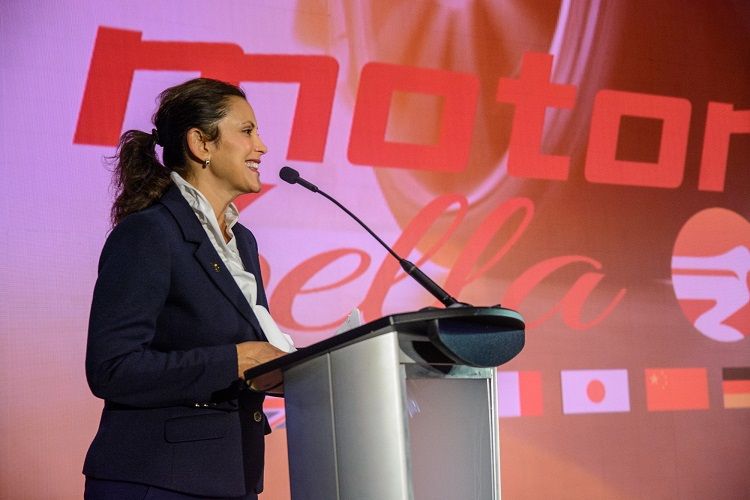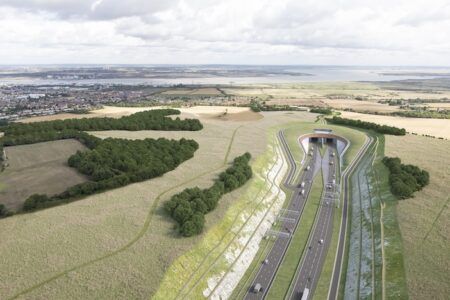Michigan governor Gretchen Whitmer has announced a new initiative to develop the first wireless charging infrastructure on a public road in the US.
The initiative, which was revealed at the Motor Bella auto show, will see the deployment of an electrified roadway system that allows electric buses, shuttles, and vehicles to charge while driving along a one mile stretch in southeast Michigan.
“Michigan was home to the first mile of paved road, and now we’re paving the way for the roads of tomorrow with innovative infrastructure that will support the economy and the environment, helping us achieve our goal of carbon neutrality by 2050,” said governor Whitmer.
The Inductive Vehicle Charging Pilot is a partnership between Michigan Department of Transportation (MDOT) and the Office of Future Mobility and Electrification (OFME). It will enable electric vehicles to operate continuously without stopping to charge.
“This project reinforces my commitment to accelerating the deployment of electric vehicle infrastructure in Michigan and will create new opportunities for businesses and high-tech jobs amidst the transition to electric vehicles,” Whitmer added.
MDOT will release a Request for Proposal (RFP) on Tuesday, September 28, 2021, to design, fund, evaluate, iterate, test, and implement the Inductive Vehicle Charging Pilot along a one-mile stretch of state-operated roadway in Wayne, Oakland, or Macomb counties. The partner will work closely with MDOT, OFME, the Michigan Economic Development Corporation, and Michigan Department of Environment, Great Lakes, and Energy on this project.
Trevor Pawl, chief mobility officer with the OFME, said, “This electrified roadway has the potential to accelerate autonomous vehicles at scale and turn our streets into safe, sustainable, accessible and shared transportation platforms.”
To date, MDOT has activated the largest vehicle-to-infrastructure technology deployment – nearly 600 miles – in the US, including a first-of-its-kind connected and autonomous vehicle (CAV) corridor. Michigan is also home to a diverse collection of automated vehicle and drone testing environments and has more mobility-related patents than any other state in the US.

The Inductive Vehicle Charging Pilot builds on previous announcements made by Michigan in the past month, including the first round of Michigan Mobility Funding Platform funding grants to accelerate mobility and EV investments in the state; a robot delivery program to address last-mile delivery challenges in Detroit’s Corktown neighborhood; Detroit Smart Parking Lab, a new public/private sector collaboration launching the nation’s first-of-its-kind, real-world test site for parking solutions, also in Corktown; and a MoU between Michigan and Ontario on cross-border activities to spur technology innovations and transportation solutions that enhance crossings by land, air, and water.





